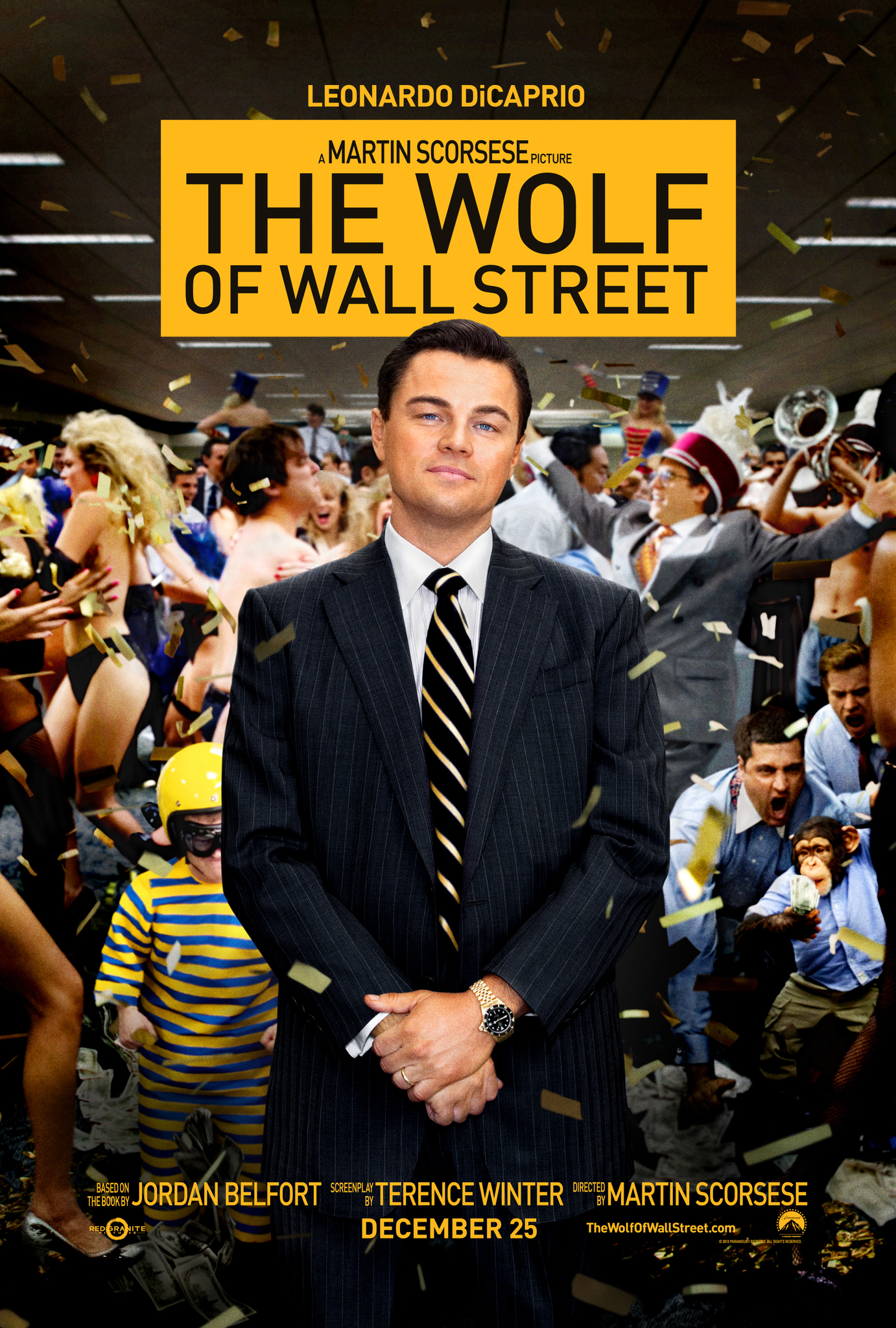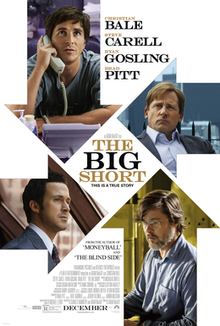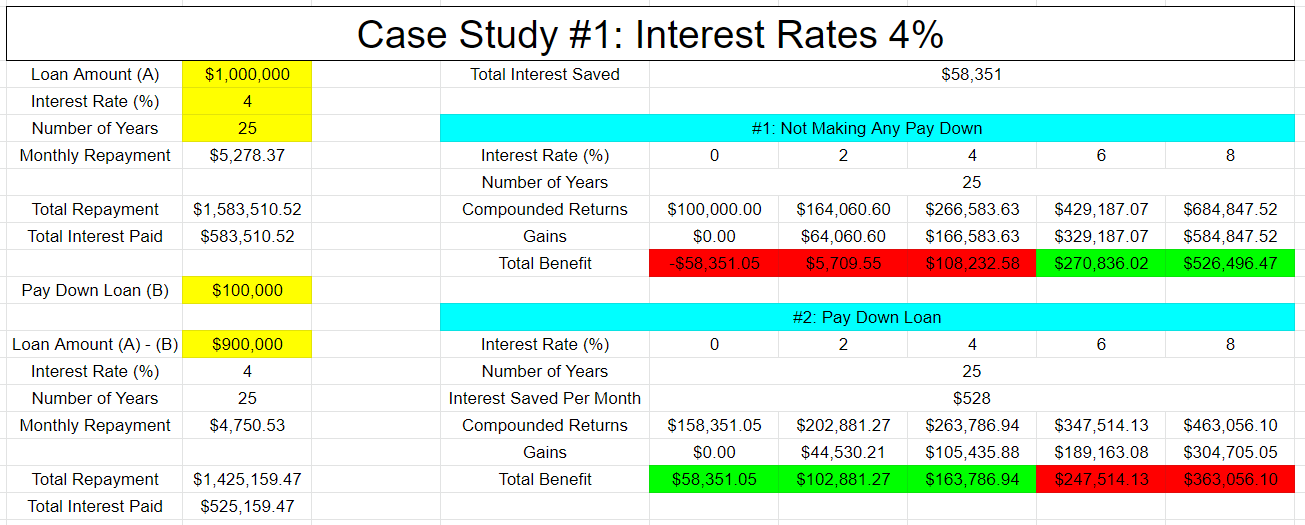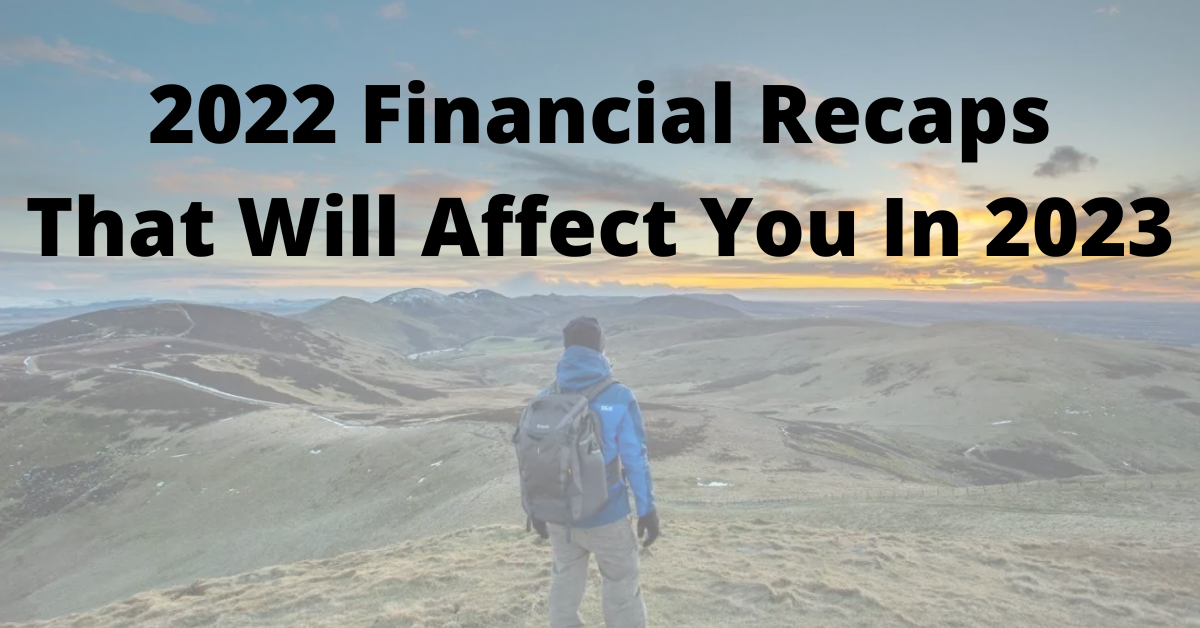I have a confession to make. In the last few weeks, I was creating a new website called Seed of Prosperity to talk about money values for children. As a result, there has been a lack of update on wealthdojo.

Why Children?
In wealthdojo, I have focused on the techniques and the navigation of personal finances in Singapore. In my conversation with many people this year, I realised that we aren’t doing as much as we can to have this conversation with our next generation. Consider the following:
- When was the last time you had a conversation about financial planning with your parents? (the conversation that you don’t have money / general complaining that things are getting expensive doesn’t count)
- When was the first time you actually seriously start to think about money?
- Was savings the only conversation with your parents that you had regarding money?
In our culture, it may be unnatural to have a conversation on financial planning with our parents (just consider if you ever discussed delayed gratification with them before). As a result, most of us start to seriously think about money only when we started working.
There is a late start for financial education in Singapore and I aim to change that in the years following with my new project Seed of Prosperity.
Why Money Values?
Why money values? While wealthdojo focuses on techniques, it dawn to me that there is something more powerful than techniques. Our beliefs and our mindset drives decision and without having a strong foundation in money values, it is very hard to achieve the result that you want.
Hence, the focus on Seed of Prosperity will be money values that parents can communicate effectively with their children. It will be activities that parents can do along with their children to equip their children with vital money values and habits. I believe that with such a foundation, these children will be able to achieve their financial freedom faster than us.
What will happen to Wealthdojo?
Wealthdojo will continue to write about personal finances in Singapore. The focus will still be on topics like CPF, SRS, insurance and investment that people can do to achieve their financial goals.
Final Thoughts By Wealthdojo
We hope you will be able to support Seed Of Prosperity as much as wealthdojo. We will be launching the first ever bilingual children book that focuses on money values. Please look out for it and support this new project if you can.
Wishing you all the best in the year ahead!
Chengkok is a licensed Financial Services Consultant since 2012. He is an Investment and Critical Illness Specialist. Wealthdojo was created in 2019 to educate and debunk “free financial advice” that was given without context.
Feel Free To Reach Out To Share Your Thoughts.
Contact: 94316449 (Whatsapp) chengkokoh@gmail.com (Email)
Telegram: Wealthdojo [Continuous Learning Channel]
Reviews: About Me
The views and opinions expressed in this publication are those of the author and do not reflect the official policy or position of any other agency, organisation, employer or company. Assumptions made in the analysis are not reflective of the position of any entity other than the author.















